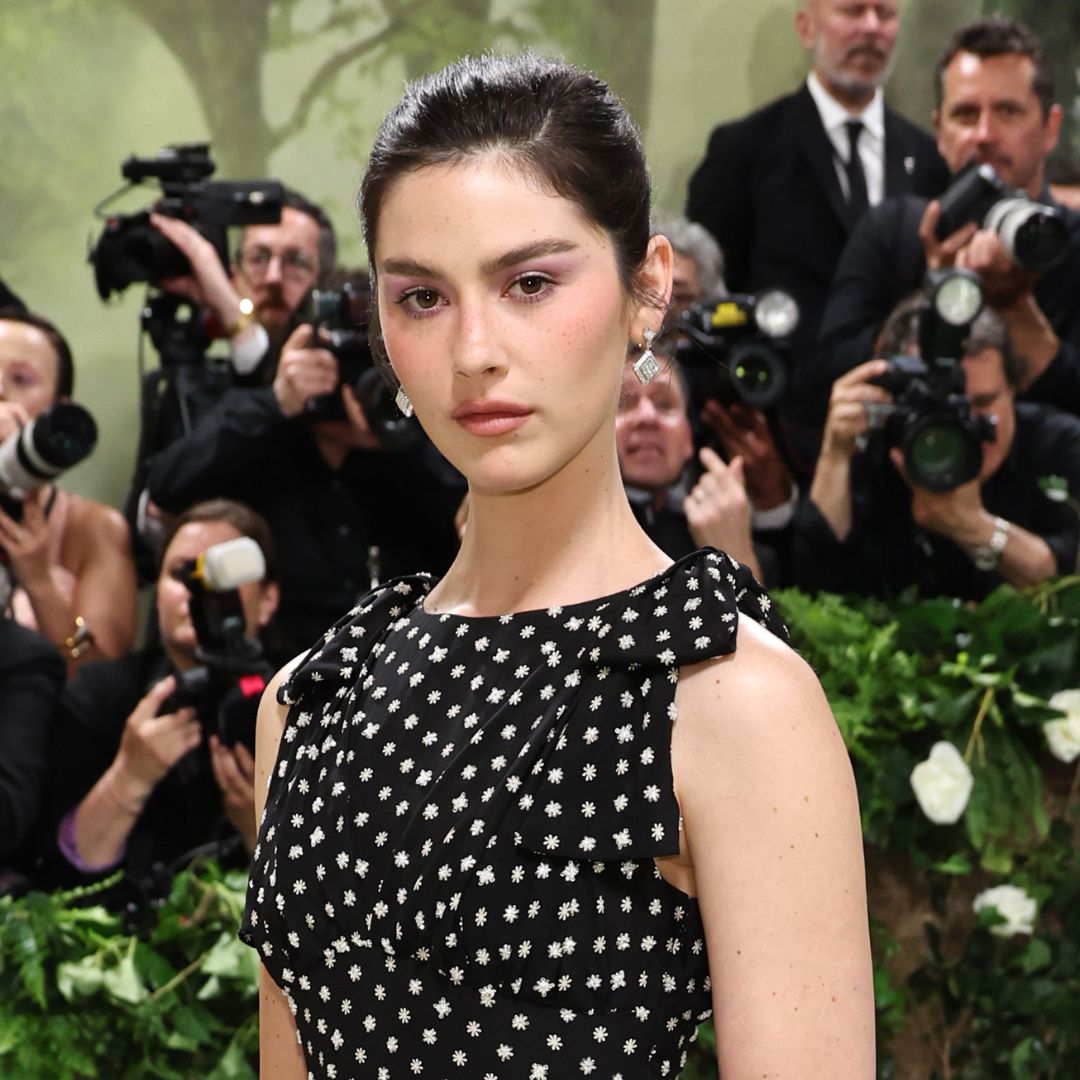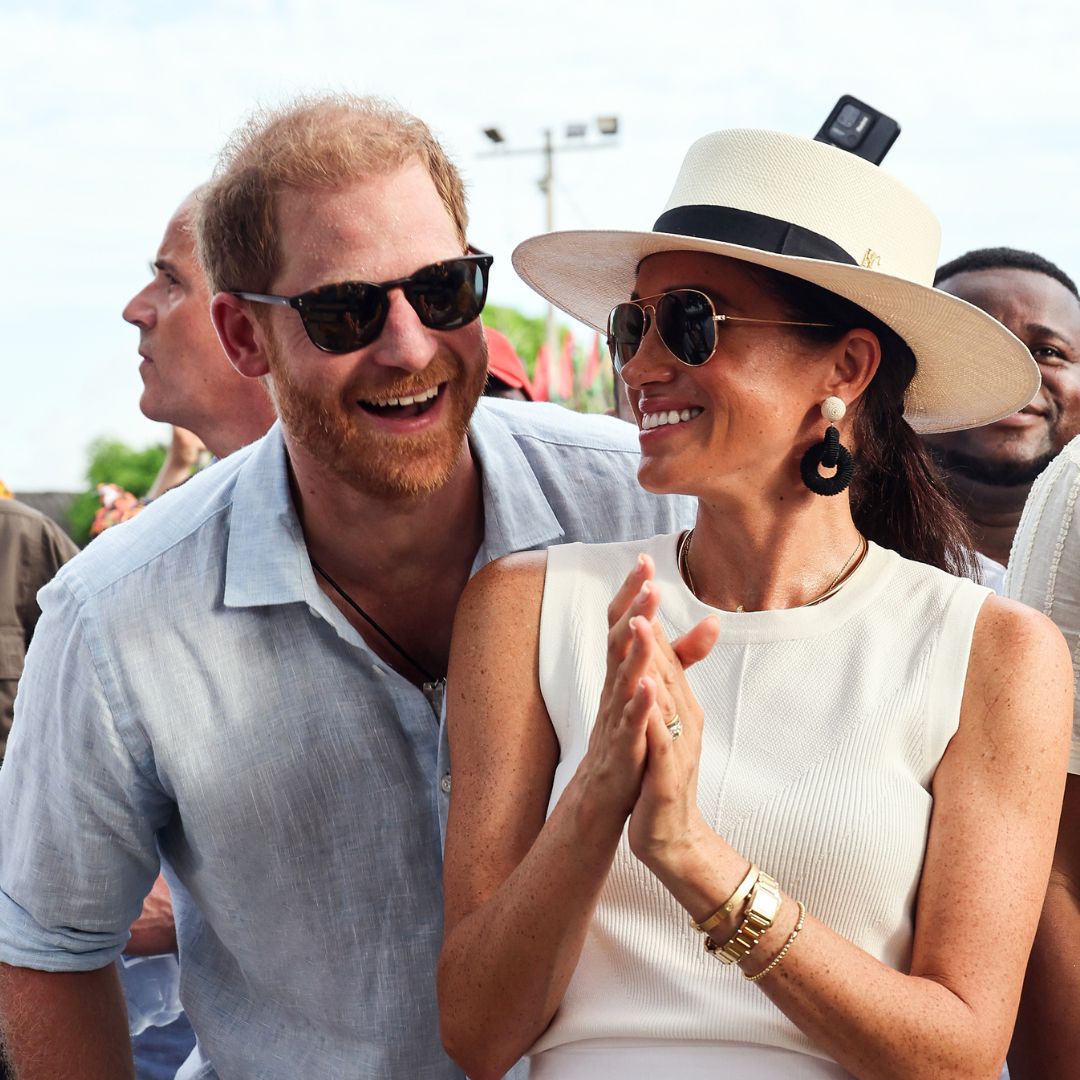Why don't we talk about the emotional labour of being a single woman in the 'new normal'
Contemplating what post-lockdown life will bring is draining, but what about the women facing it without emotional support from a partner? Writer Olivia Foster is living it and, quite frankly, she's exhausted...
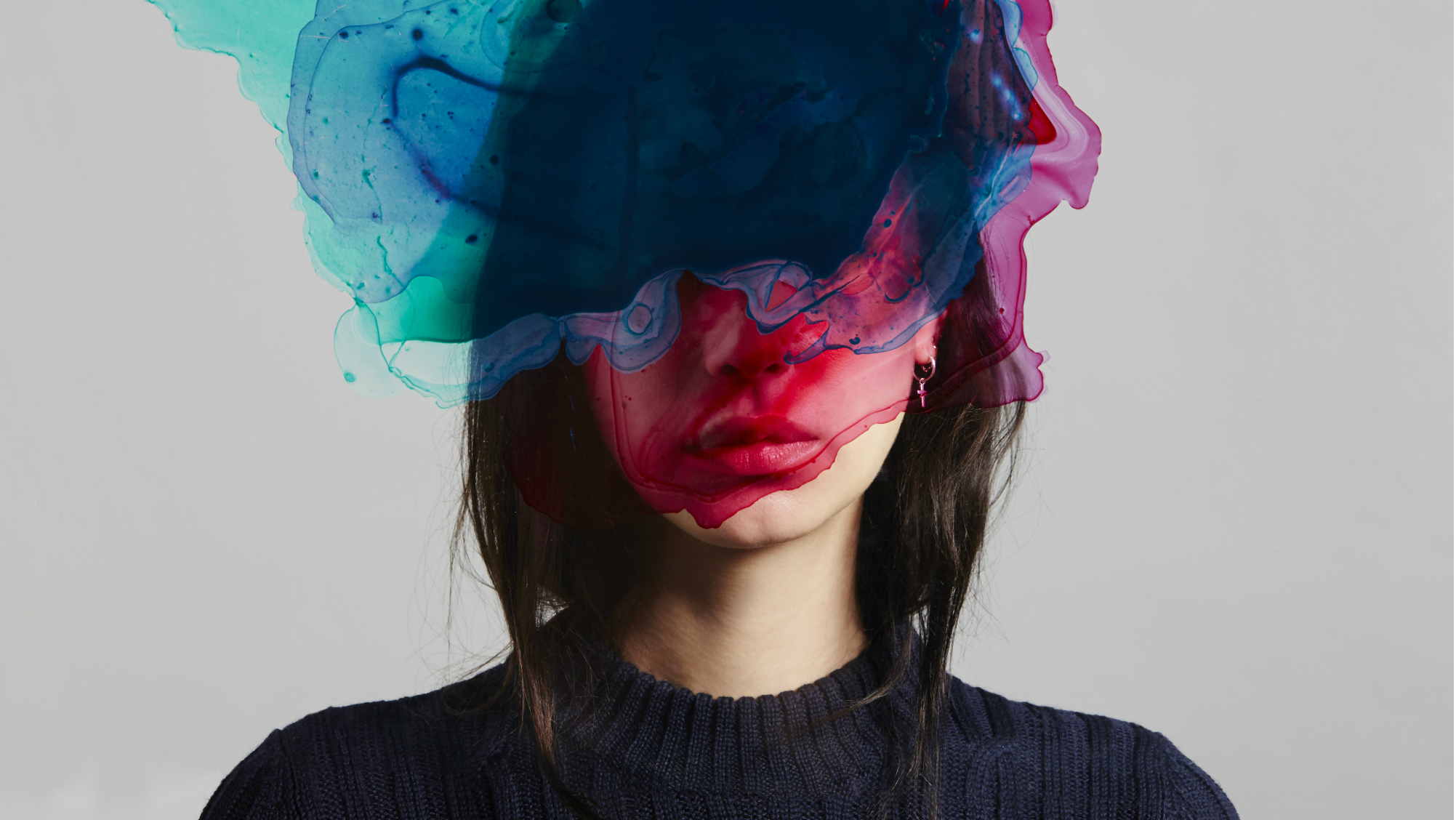

Contemplating what post-lockdown life will bring is draining, but what about the women facing it without emotional support from a partner? Writer Olivia Foster is living it and, quite frankly, she's exhausted...
Twelve hours into the worst sick bug I've ever encountered and I'm lying on my bathroom floor, totally naked, surrounded by discarded Dettol wipes and the last of my dignity when suddenly a wave of panic mixed with acute loneliness sweeps over me. I have absolutely nothing in the house and, being a single woman and living alone, I have no one to help me. My mum is away, my siblings and friends are at work, so I know I must look after myself, alone, which is no mean feat when you can't go more than ten minutes without being sick.
‘Emotional labour,’ is a term that gets bandied about a lot, especially when it comes to people in partnerships. We hear how women, so much more often than men, have juggled both their own jobs and the responsibility of keeping their houses and families in shape over lockdown.
In fact, a report from the Boston Consulting Group in May 2020 found that women are currently doing an average of 12 hours more household chores than men do. This could be anything from cooking, to cleaning, managing household expenses and bills to - if you have them - caring for children. It's a stat that becomes particularly ridiculous when you consider that a reported 71.6% of women are in the UK workforce, meaning they're effectively working twice.
Similarly we often hear about the issues for older people, whose partners or friends might have passed on, who struggle with being alone, not only when it comes to chores or tasks but with feeling isolated and unable to ask for help; be that someone to help with the shopping, or someone to have a conversation with. But we don't often talk about the reality of what it's like to look after yourself, by yourself, all the time as a younger person. It seems silly in some ways to point it out but it is just another way in which the real life experiences of single women outside of the usual stereotypes are silenced. Our emotional labour ignored.
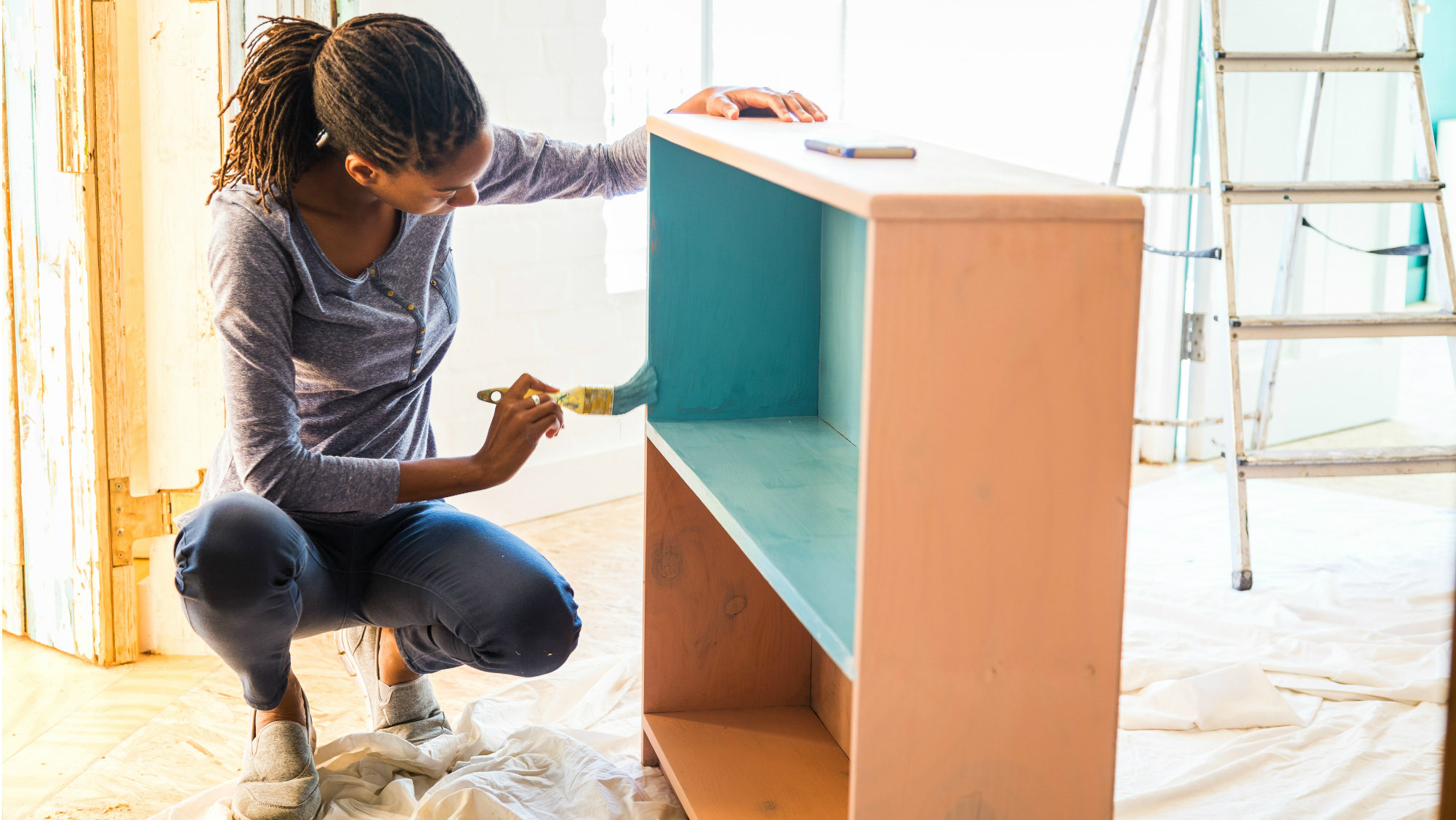
I know there are other women who feel the same as me – who recognise the very real exhaustion that can come from always having to look out for themselves with no help and not wanting to put the burden on other people. Rose is 38 and lives by herself in a flat in North London, she tells me that it’s when work gets tough that she feels it the most, ‘I’ve been on my own a while,’ she says, ‘And in many ways I love it, but there are some days when not having anyone can help becomes really tough. If I’ve had a stressful week at work then finding the energy to cook or clean my flat can feel impossible and it’s hard to talk about it without feeling like I’m moaning so I just say nothing.’
No wonder really, that a report on millennial women found a third have felt lonely over the last few months. It’s an interesting stat when you consider the definition of emotional labour is the feeling that you need to suppress your feelings in order to make sure everyone around you feels comfortable. Indeed, it was originally described by American sociologist Arlie Hochschild in The Managed Heart as the need to, ‘induce or suppress feeling in order to sustain the outward countenance that produces the proper state of mind in others.’ She has since said that she feels people shouldn’t always relate this to housework for example, but that it is something that can affect both women and men, not only at home but at work and in our general personal lives.
Marie Claire Newsletter
Celebrity news, beauty, fashion advice, and fascinating features, delivered straight to your inbox!
For me limiting my personal emotional labour has been about being totally honest with people when I can’t take on additional tasks for them that might lead me to feeling frustrated and repressed. This could be not going to a birthday party when I’m already exhausted, or not offering to help someone if I know I’m already at capacity and won’t be able to give them the attention they need. But going forward from sick-gate I’ve also vowed to be more open when I’m not coping - and always keep a stash of restorative full-fat cokes in the fridge.
Maria Coole is a contributing editor on Marie Claire.
Hello Marie Claire readers – you have reached your daily destination. I really hope you’re enjoying our reads and I'm very interested to know what you shared, liked and didn’t like (gah, it happens) by emailing me at: maria.coole@freelance.ti-media.com
But if you fancy finding out who you’re venting to then let me tell you I’m the one on the team that remembers the Spice Girls the first time round. I confidently predicted they’d be a one-hit wonder in the pages of Bliss magazine where I was deputy editor through the second half of the 90s. Having soundly killed any career ambitions in music journalism I’ve managed to keep myself in glow-boosting moisturisers and theatre tickets with a centuries-spanning career in journalism.
Yes, predating t’internet, when 'I’ll fax you' was grunted down a phone with a cord attached to it; when Glastonbury was still accessible by casually going under or over a flimsy fence; when gatecrashing a Foo Fighters aftershow party was easy-peasy-lemon-squeezy and tapping Dave Grohl on the shoulder was... oh sorry I like to ramble.
Originally born and bred in that there Welsh seaside town kindly given a new lease of life by Gavin & Stacey, I started out as a junior writer for the Girl Guides and eventually earned enough Brownie points to move on and have a blast as deputy editor of Bliss, New Woman and editor of People newspaper magazine. I was on the launch team of Look in 2007 - where I stuck around as deputy editor and acting editor for almost ten years - shaping a magazine and website at the forefront of body positivity, mental wellbeing and empowering features. More recently, I’ve been Closer executive editor, assistant editor at the Financial Times’s How To Spend It (yes thanks, no probs with that life skill) and now I’m making my inner fangirl’s dream come true by working on this agenda-setting brand, the one that inspired me to become a journalist when Marie Claire launched back in 1988.
I’m a theatre addict, lover of Marvel franchises, most hard cheeses, all types of trees, half-price Itsu, cats, Dr Who, cherry tomatoes, Curly-Wurly, cats, blueberries, cats, boiled eggs, cats, maxi dresses, cats, Adidas shelltops, cats and their kittens. I’ve never knowingly operated any household white goods and once served Ripples as a main course. And finally, always remember what the late great Nora Ephron said, ‘Everything is copy.’
-
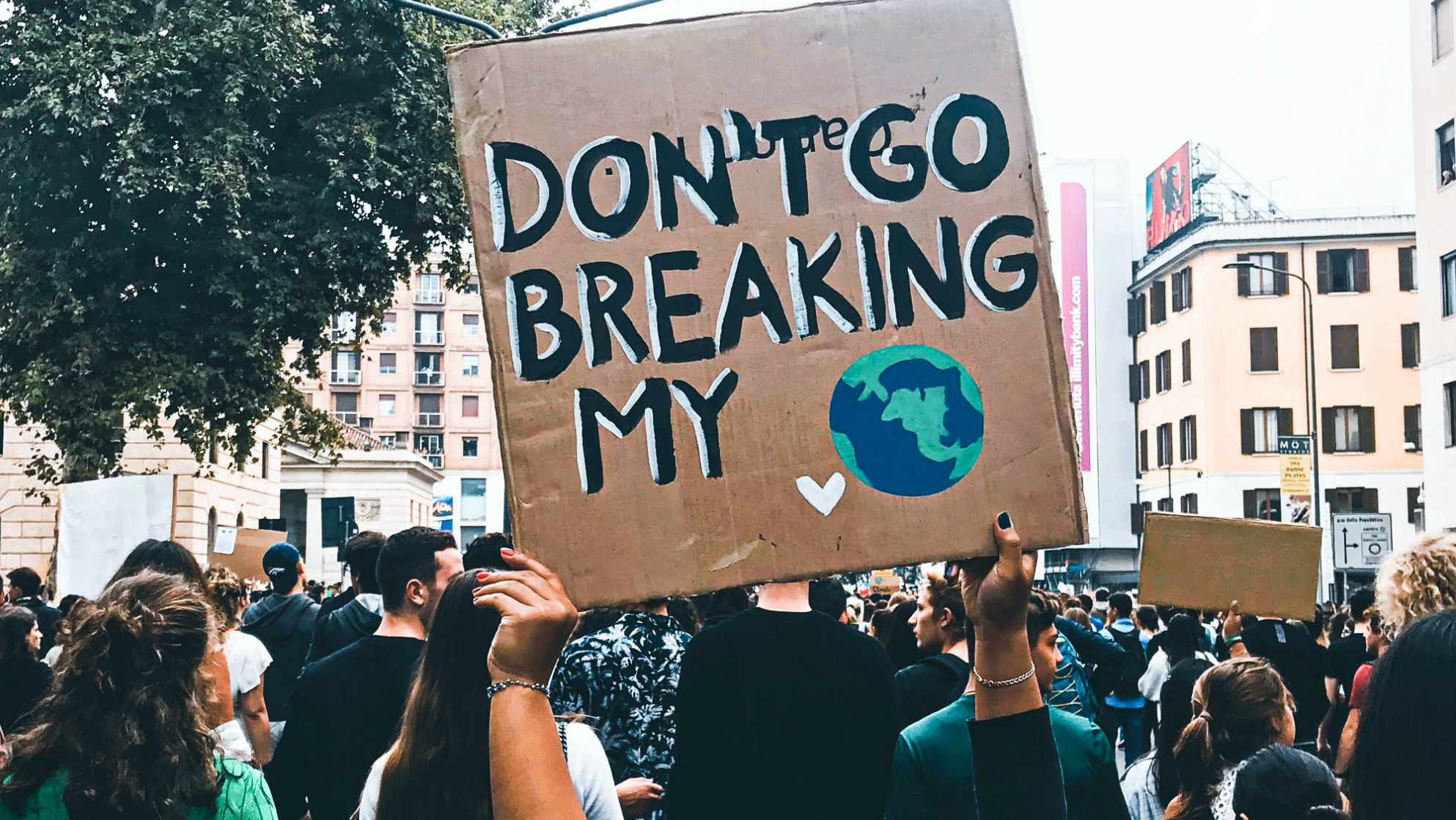 Only 6% of us want to return to pre-pandemic times, and it's obvious why
Only 6% of us want to return to pre-pandemic times, and it's obvious whyThe only way to make a comeback is for it to be stronger, fairer and greener
By Niamh McCollum
-
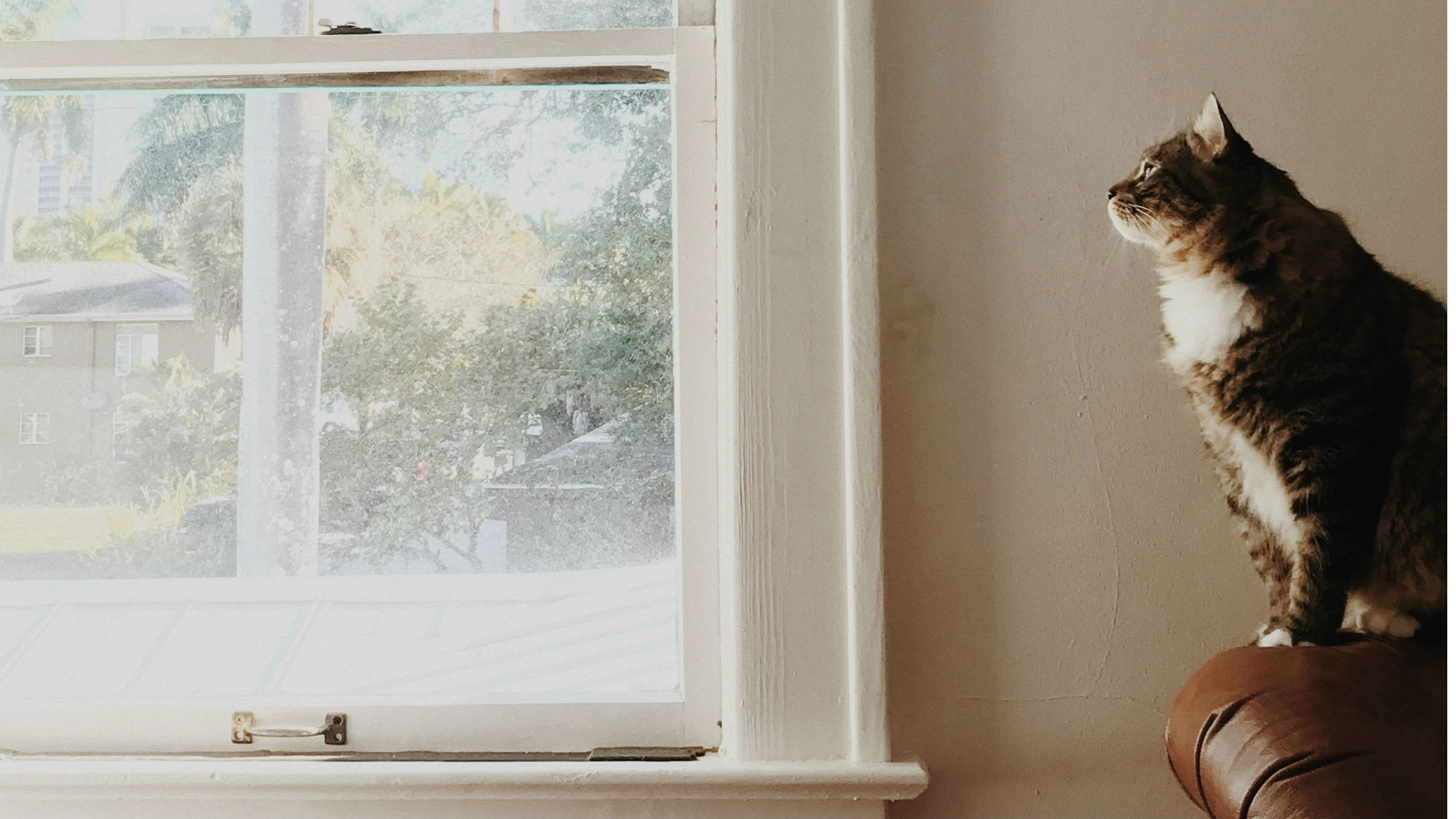 Living in lockdown has taught us many memorable lessons
Living in lockdown has taught us many memorable lessonsAs we start to re-enter society, Olivia Adams pens her hopes for the future – plus what she’d like to leave behind
By Olivia Adams
-
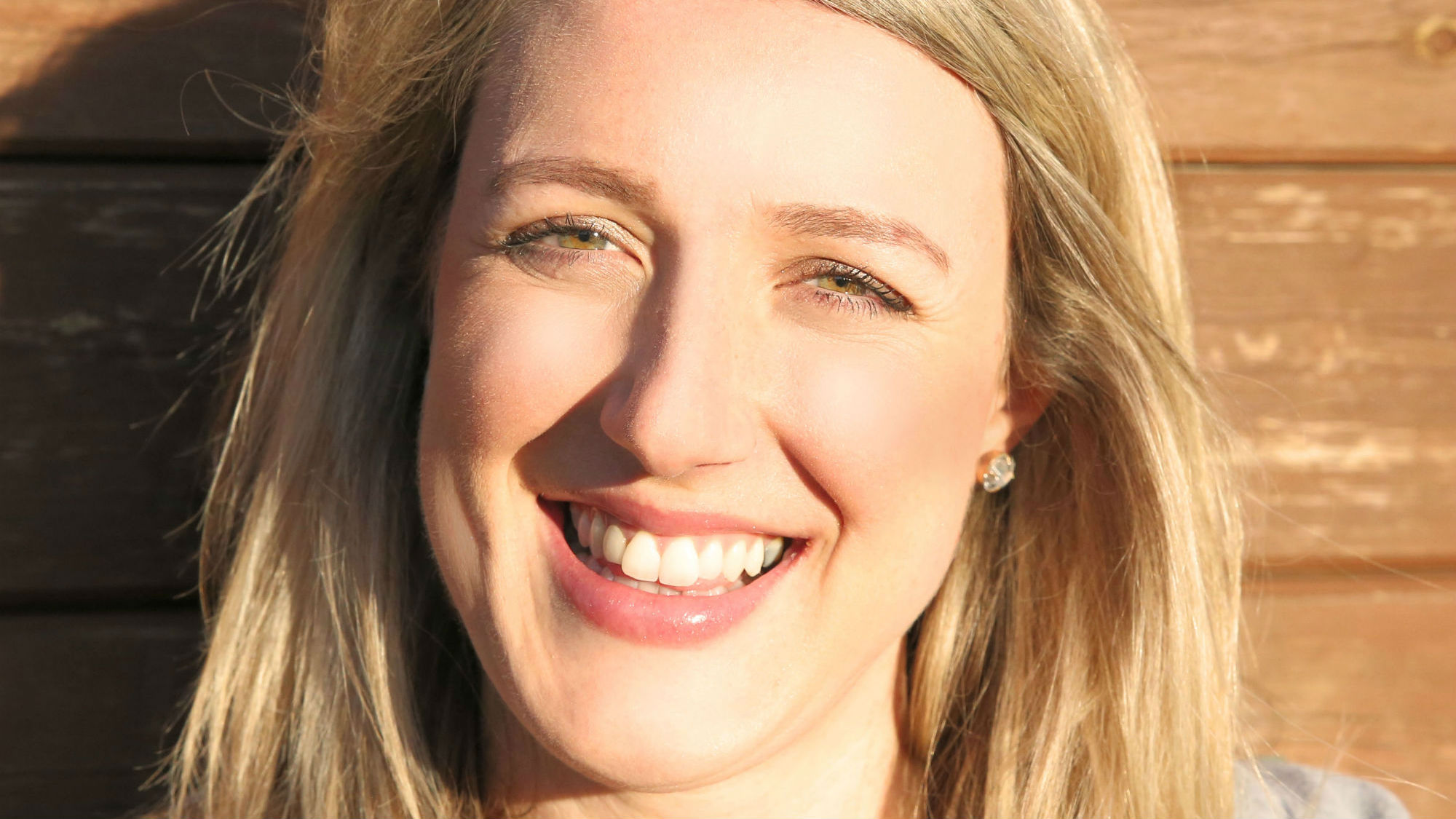 A teacher on the frontline: 'wellbeing - not education - will be our focus post pandemic'
A teacher on the frontline: 'wellbeing - not education - will be our focus post pandemic'Katie Weighell is a teacher at a primary school in south London. Here she describes her new normal, her worries for vulnerable children and how government cuts are affecting these critical safe spaces
By Olivia Adams

